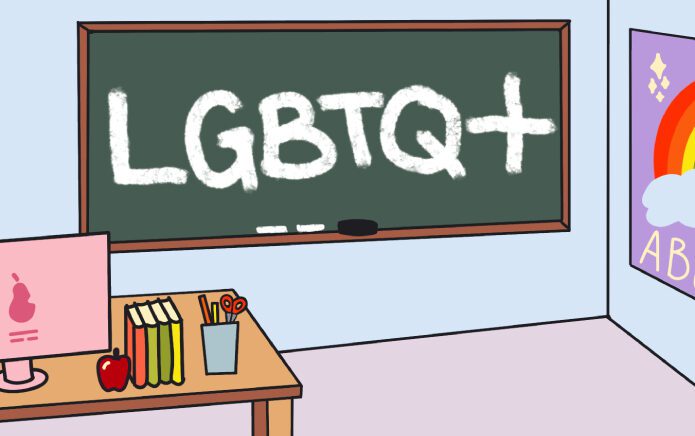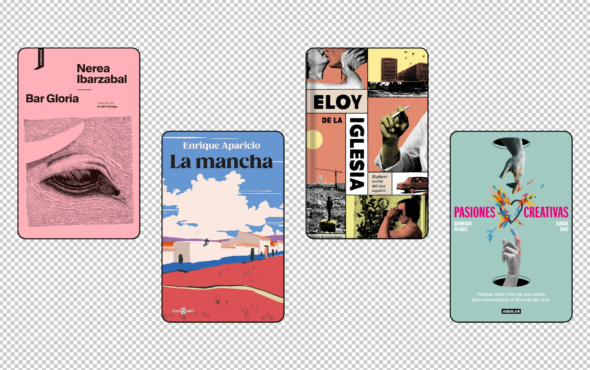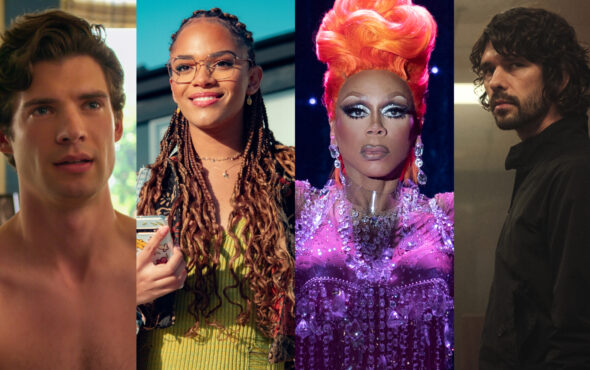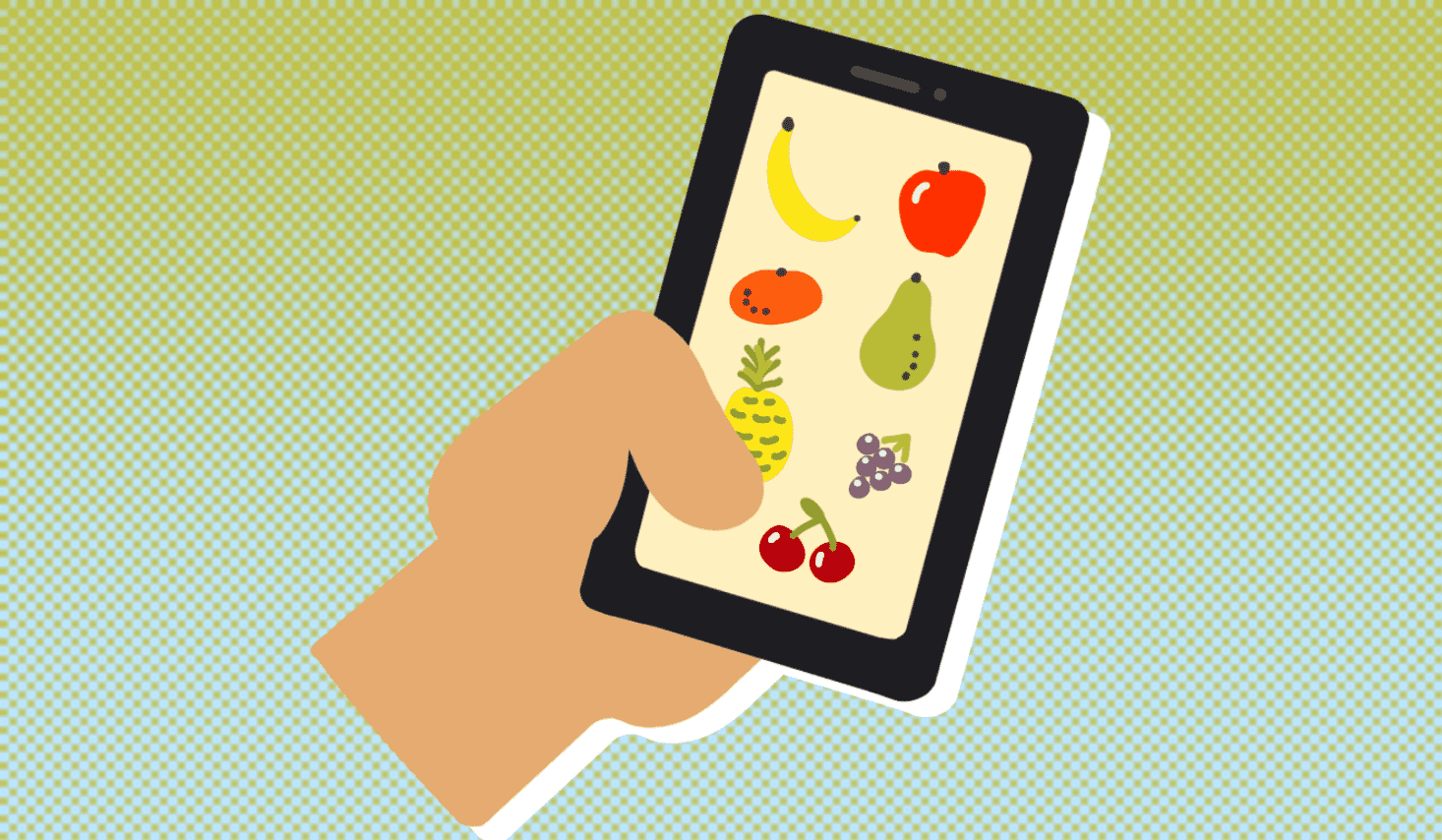
As an LGBTQ+ person of multiple marginalised groups, thinking about the climate crisis can often feel like standing at the foot of an impossibly steep hill I have to climb. Life is already hard enough, and now I have to worry about the planet too?
It took me way too long to realise that the fatigue I feel at this thought is a very real fatigue, but there are ways to combat it and still do your bit for the environment.
My journey with climate activism began when I watched the documentary Cowspiracy aged 18 and immediately decided to go vegan. This decision was easy for me because I was already vegetarian and I had vegan friends to support me.
I know that not everyone can make drastic life changes as easily as this. It also may have helped that I wasn’t really giving my time to any other causes back then; I hadn’t yet realised I was LGBTQ+ or neurodivergent so my passionate activism about these topics had not yet begun. This makes 18-year-old me sound like a terrible ally to these causes, and you’d be correct to think that. As soon as I went vegan, animals and the environment were all I could talk about.
Now that I know I’m autistic, I’m very aware that veganism was simply a special interest of mine so I’d have the tendency to info-dump on people, which isn’t all that harmful. However, the info-dumping did lead me to a very toxic habit that I am still trying to kick to this day – being an internet social justice warrior.
In a string of Facebook comments, I’d be the first to jump in when someone started bashing veganism, laying out all the statistics I’d learned about the impact of animal agriculture to somehow convince the people commenting “mmmmm bacon” that their taste buds were insignificant compared to the fate of the planet.
It’s such a strange phenomenon, the rush you get when you have so eloquently pointed out the flaws in another’s argument, and fired right back with more statistics and witticisms, only to bubble over with rage when you receive another ignorant reply.
Despite the roller-coaster of emotions that internet arguments cause, I kept on doing it, because I thought I was spreading awareness and educating others. Fortunately, veganism is a much more accepted lifestyle these days as food chains and supermarkets adapt to the ever-increasingly popular lifestyle. This was not the end of my silly little habit, however.
While I do not argue with strangers about the impact of dairy versus plant milk anymore, my new passions have taken its place. It’s one thing to see people disrespecting the lives of farm animals online, but coming across homophobia, transphobia and ableism online simply makes my moral compass tick over and explode.
It feels criminal to simply scroll past, especially with the knowledge that hate crime and oppressive legislation can often stem from off-hand comments and misconceptions. The problem is that 24-year-old me no longer feels the rush that debating with people gave 18-year-old me.
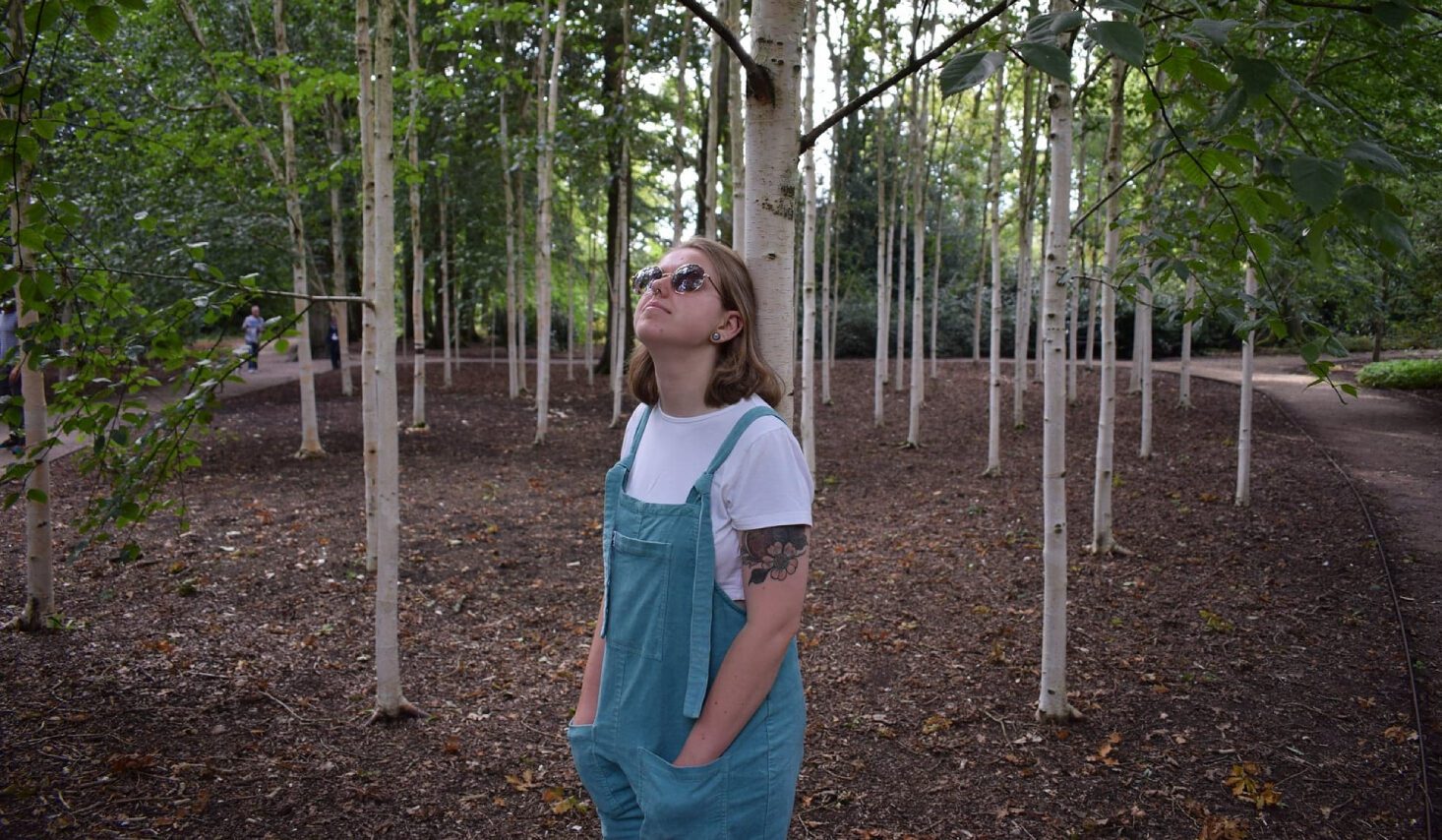
Now, it feels different: exhausting.
If I were an able-bodied spring chicken with no full-time job, I’d be happy to give all of my energy to being an activist for all the causes I care about, whether in-person or online. However, I am a human being with limits, as we all are. Additionally, being a part of a marginalised group significantly impacts your mental and physical health at a disproportionate level to our more able-bodied and privileged peers.
There’s also the frustration of always having to fight for our own causes without the proper support of allies to contend with. All of this together leaves a person very disenfranchised by the fact that the world is also on fire. It wasn’t until I reframed the way I thought about my own activism that I realised that it is possible to make a difference while looking after your wellbeing.
First of all, if an action takes more from me than it gives to the cause, I’ve stopped doing it. This includes internet arguments, doom scrolling, and educating others in person when I don’t have the headspace for it.
Secondly, find fun ways to contribute to a cause – have a litter picking competition with your mates or try cooking vegan versions of your favourite meals. Finally, I only participate in the activism that is the most accessible to me. If protests are too overwhelming, write to your MP instead. If you can’t change your diet for health reasons, put more effort into your recycling.
Volunteering with Just Like Us – the LGBTQ+ young people’s charity – is one of the ways I’ve been able to upscale my LGBTQ+ activism in a way that suits my needs for flexibility and allows me to see the direct impact that LGBTQ+ inclusive education has on young people.
We all know by now that climate change is mainly the fault of large corporations, therefore it’s no use putting all the pressure of changing the world on yourself, but it can feel extremely good to make small changes.
At the end of the day, whether you’re campaigning for trans-inclusive spaces, lobbying against the use of coal power, or taking the time to learn sign language, all forms of activism could be that tiny change that goes a long way for the person or planet that needs it.
Nancy is a volunteer with Just Like Us, the LGBTQ+ young people’s charity.
